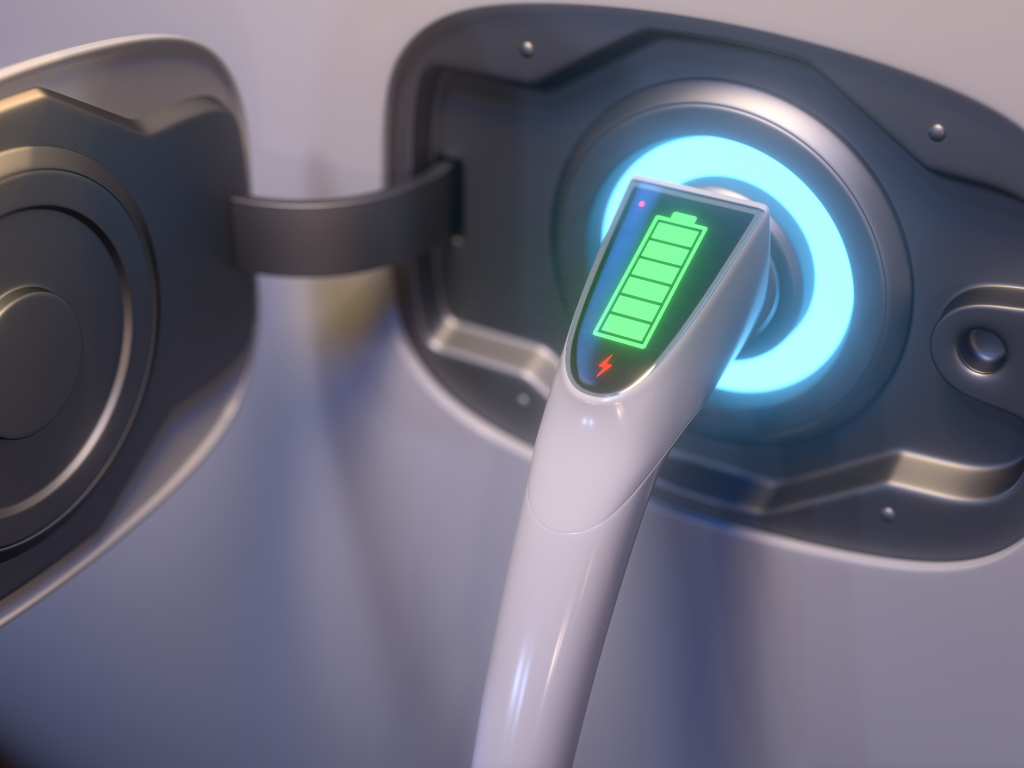The Inflation Reduction Act of 2022 (IRA) was signed into law on August 16, 2022 (Public Law 117-169). The law amends and repeals sections of the Internal Revenue Code of 1986 (Public Law 99-514) as it relates to tax credits for electric vehicle (EV) purchases.
The law extends and expands tax credits for EVs purchased after December 31, 2022. Tax credits are available through December 31, 2032.
Purchasers may claim up to $7,500 per vehicle provided that specific requirements are met. Requirements differ for individual and commercial purchases. The gross vehicle weight for all purchases must be less than 14,000 pounds.
The extension and expansion are welcome news for renewable energy proponents; however, it is important to note that qualifying for the credit is a bit more complex. New requirements were included to encourage production in North America.
For non-commercial purchases, income limits apply. Income for joint filers cannot exceed $300,000; head of household, $225,000; and other taxpayers, $150,000. The manufacturer’s suggested retail price (MSRP) cannot exceed $80,000 for vans, sport utility vehicles, and pickup trucks. Other vehicles are limited to $55,000. Batteries for EVs must meet composition requirements and minerals used in the production of batteries must meet specific requirements. Final assembly must occur in North America and any taxpayer claiming the credit must provide the Vehicle Identification Number (VIN) to the Internal Revenue Service.
Requirements for commercial purchases differ in that final assembly need not occur in North America and the critical minerals and battery component specifications do not apply. The law expands the credit for commercial purchases to include mobile machinery.
Additional provisions include incentives for building electric charging stations and expanding eligibility for the credit to previously-owned EVs provided that an individual’s income does not exceed specific thresholds. A mechanism is established to allow tax-exempt entities to claim the credit.
The United States Department of Treasury will issue regulations and guidance regarding implementation of the law’s provisions, and to clarify the applicability of the credit.

